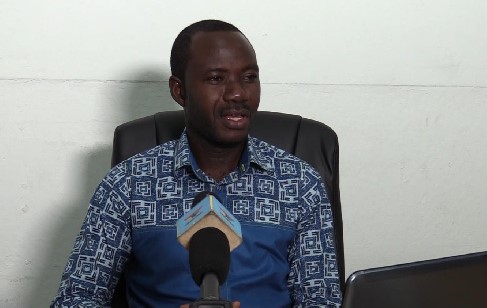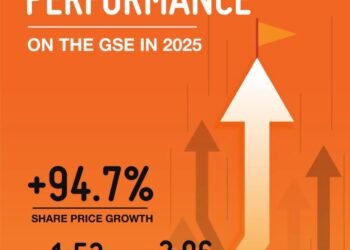An Economist and Lecturer at the Department of Economics, University of Ghana, Dr. Adu Owusu Sarkodie has hinted that tax exemptions granted in 2019 alone could finance the Free SHS policy.
He is therefore appealing to the government to as a matter of urgency address the issue of tax exemptions since the country loses huge revenues to tax exemptions.
“The tax exemptions last year alone could finance the free SHS; it’s about GH¢3billion. So, I think we should do something about tax exemptions”.
He reveals this to the Vaultz News in an interview whilst speaking on the dwindling revenue generation in the country.
Also, Dr. Sarkodie indicated that there are so many people in Ghana who do not pay taxes and even if they pay, they do not pay the right amounts. This, according to him, has been compounded by the large informal sector where the majority of the people do not pay income tax.
“We are talking about tax avoidance and tax evasion and if we can stop or reduce that, it will help us. And also the informal sector, they do not pay income tax and I think even if they pay GH¢1 each we can get some revenues. Because Ghana’s economy is about 80% informal, so if 80% of the workers are not paying tax then it’s a worrying situation”.
Another important avenue for government revenue mobilization that has not been given much attention is property taxation. Dr. Sarkodie believes that property taxes hold lots of prospects for the government to generate enough revenues, but unfortunately, the government is yet to seize this opportunity.
He also spoke extensively on the revenue generated from the country’s natural resources. He lamented that despite the abundance of these resources, the country only enjoys a minimal share of the revenues coming from these resources. He advocated the need for reviews in the country’s contracts with companies who extract natural resources in the country.
“… then finally we come back to our natural resources. I don’t think Ghana is getting enough from the natural resources. Some countries are getting as much as 50 to 60% of their revenues from natural resources. Ghana, we are getting roughly between 10% and 15%, we haven’t gotten higher than 20% before. So, we need to renegotiate some of the contracts to benefit Ghanaians other than benefitting individual pockets”.
“So, we need to go back to the drawing board and renegotiate some of the contracts, increase the royalties, increase the taxes. The new oil fields that we have discovered, I don’t think we should go and do the same thing we have done for the existing ones. We need to learn from Norway, Equatorial Guinea, some of these countries are doing very well with their natural resources. let’s learn how they have negotiated their contracts, and see how we can benefit more from the discovery”.
Ghana, has for some time now, not been able to raise enough revenues to meet its budgeted expenditures. Revenue targets have often been missed and the government has to resort to borrowing to make up for the revenue shortfalls. In 2019, total revenue and grants amounted to GH¢53,379.61.14 million (15.3 percent of GDP), which was lower than the target of GH¢58,896.53 million (17.0 percent of GDP). Also, operations in the first half of 2020 show that revenue targets were missed by 26%.
Total revenues within the period amounted to GH¢22,007 million against the program target of GH¢29,759 million.
The country’s tax to GDP ratio has been below the minimum threshold set by the International Monetary Fund (IMF). According to the IMF, developing countries should have a tax-to-GDP ratio of at least 15% to ensure they have the money necessary to invest in the future and achieve sustainable economic growth. But as of October 2020, Ghana’s tax revenue accounted for 7.7% of GDP.
Too many tax exemptions have been a major reason why the country has not been able to raise substantial revenues for its developmental projects. Globally, tax incentives are economic tools to engender policy responses, and if used rightly, it is expected to lead to increased investment and favorable outcomes for a country.
Tax incentives are also known as tax expenditures because of their cost in terms of revenue loss to governments. One major component of the tax exemptions is parliamentary tax waivers.
ActionAid indicated that a lot of tax waivers are granted in Ghana but only a few come to the public domain due to the huge amounts involved. Some notable examples are US$832m granted to Tema Port expansion project in 2016, US$259m to AngloGold Ashanti in 2018, and US$23.98m granted to Platinum Properties Limited in 2020.
ActionAid estimates show that Parliamentary tax waivers to corporate institutions alone amounted to US$901.1m between 2018-2020.
More recently in December 2020, Parliament approved a request for waiver of taxes and duties totaling US$10.24 million on materials, equipment, and services to be procured for the rehabilitation of the National Trunk Road N8 (Phase 2).
READ ALSO: Economist backs govt’s decision to borrow US$5bn from capital market























